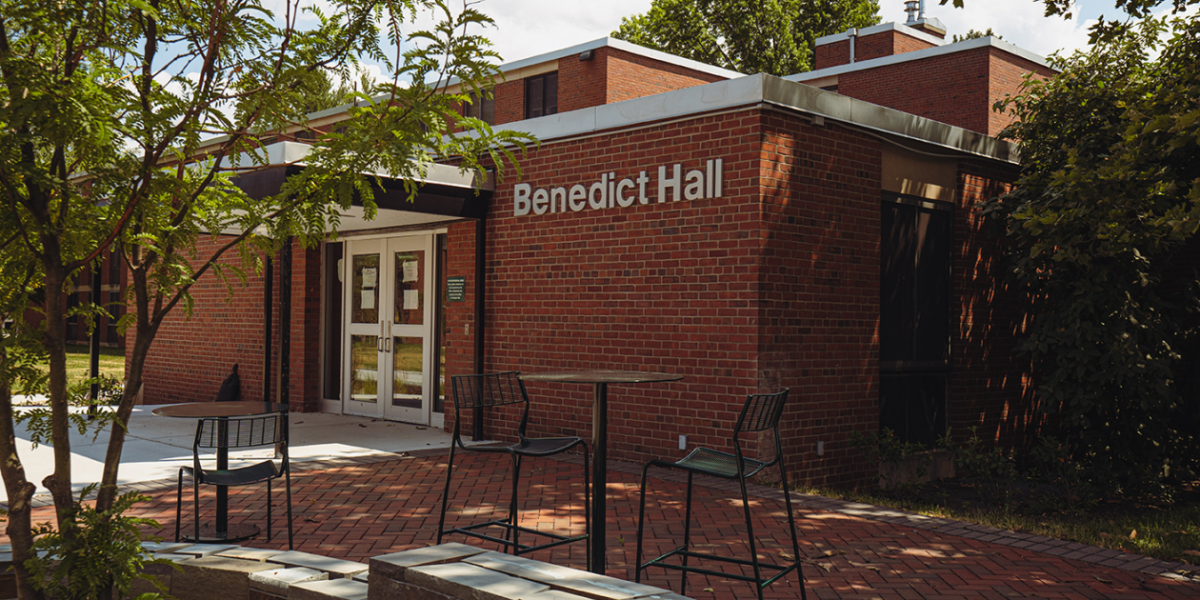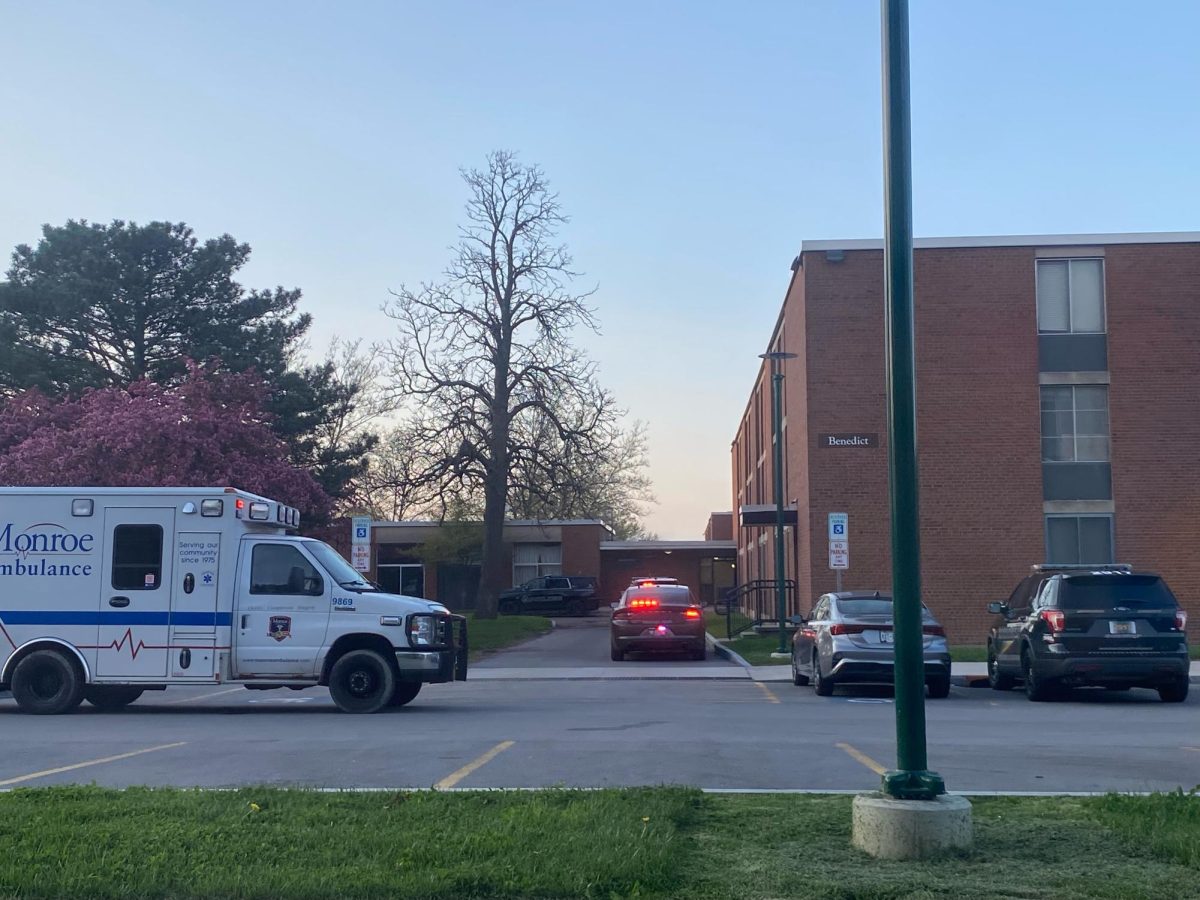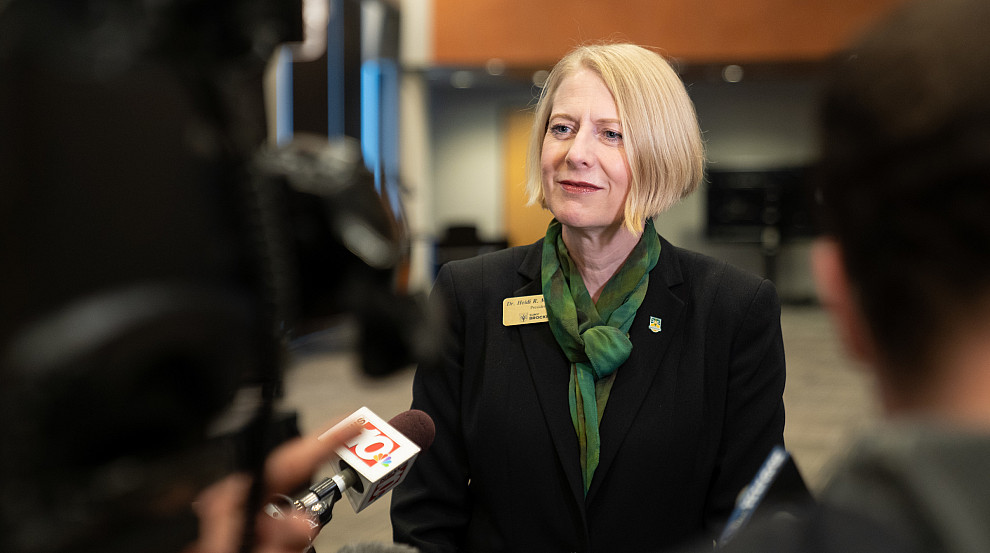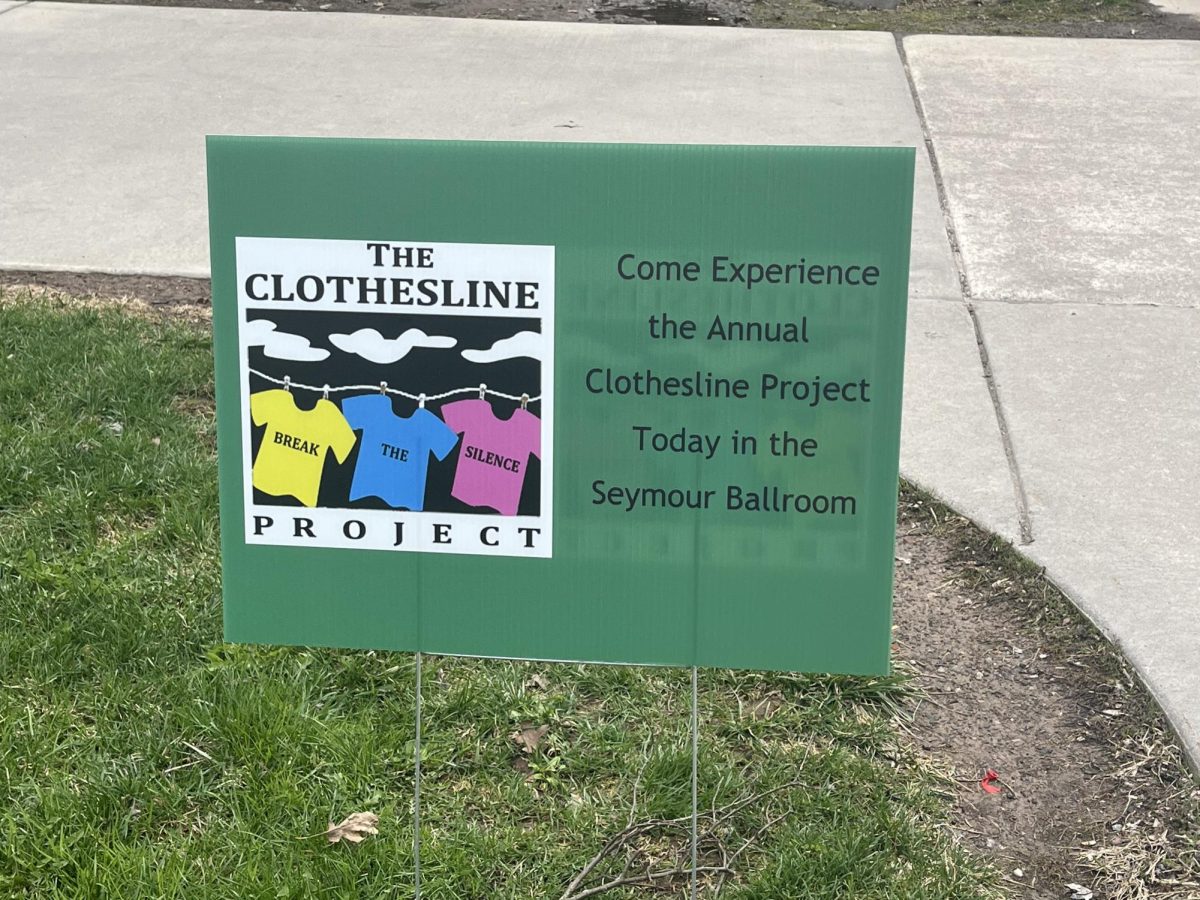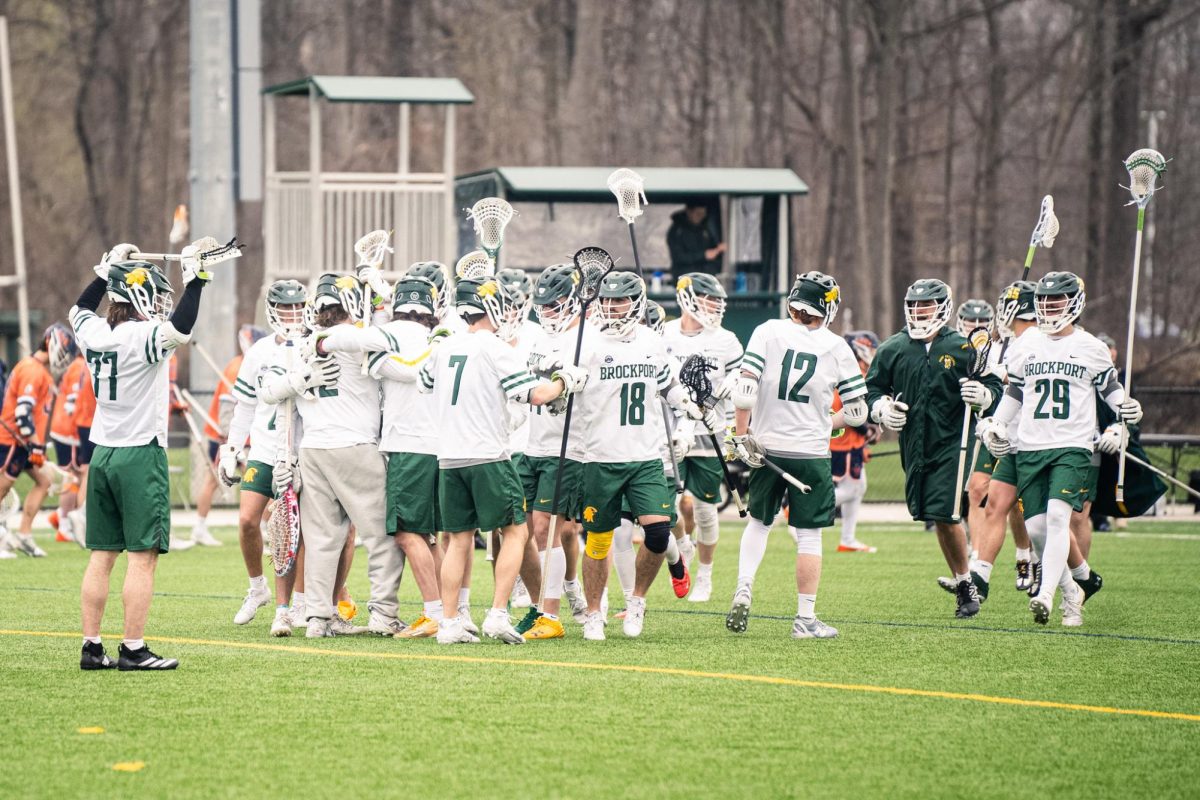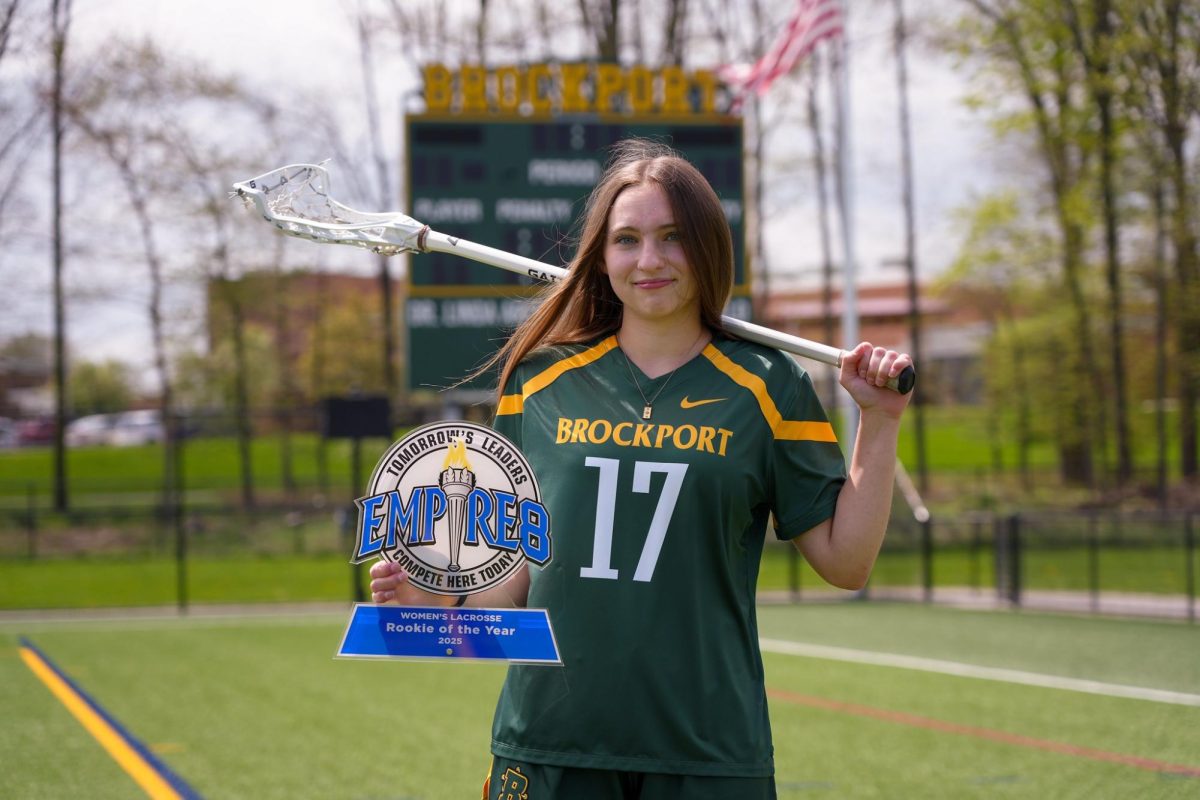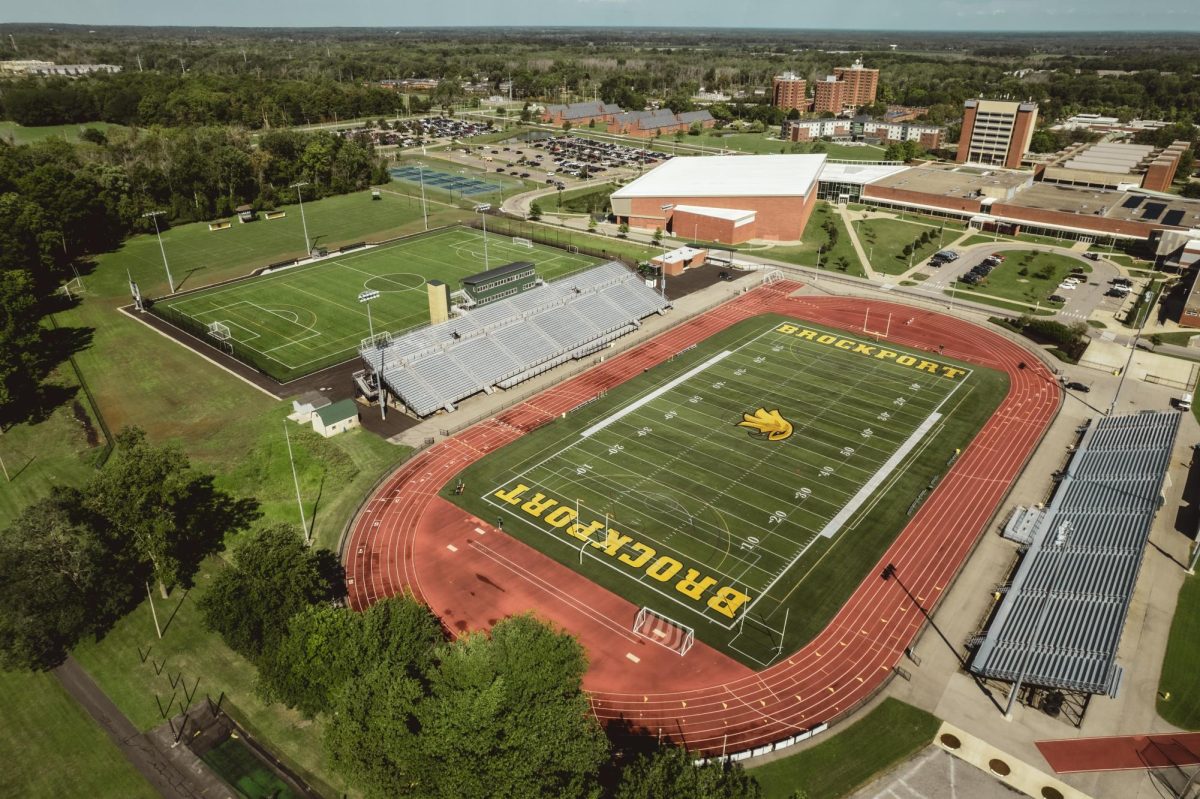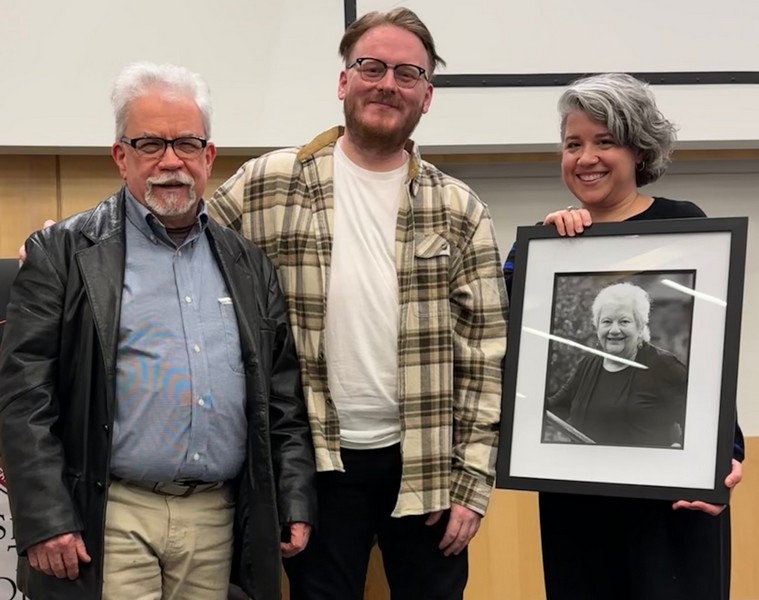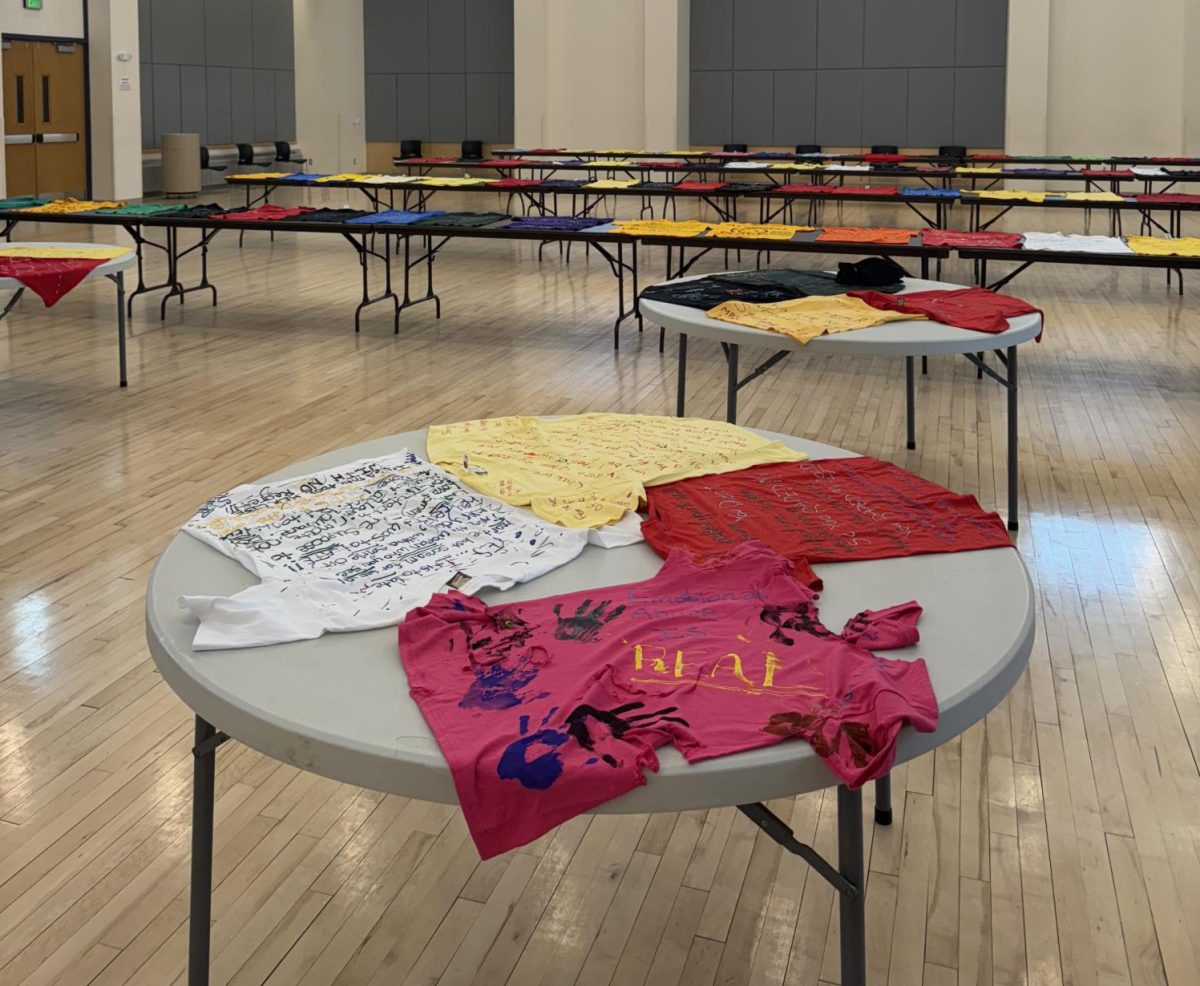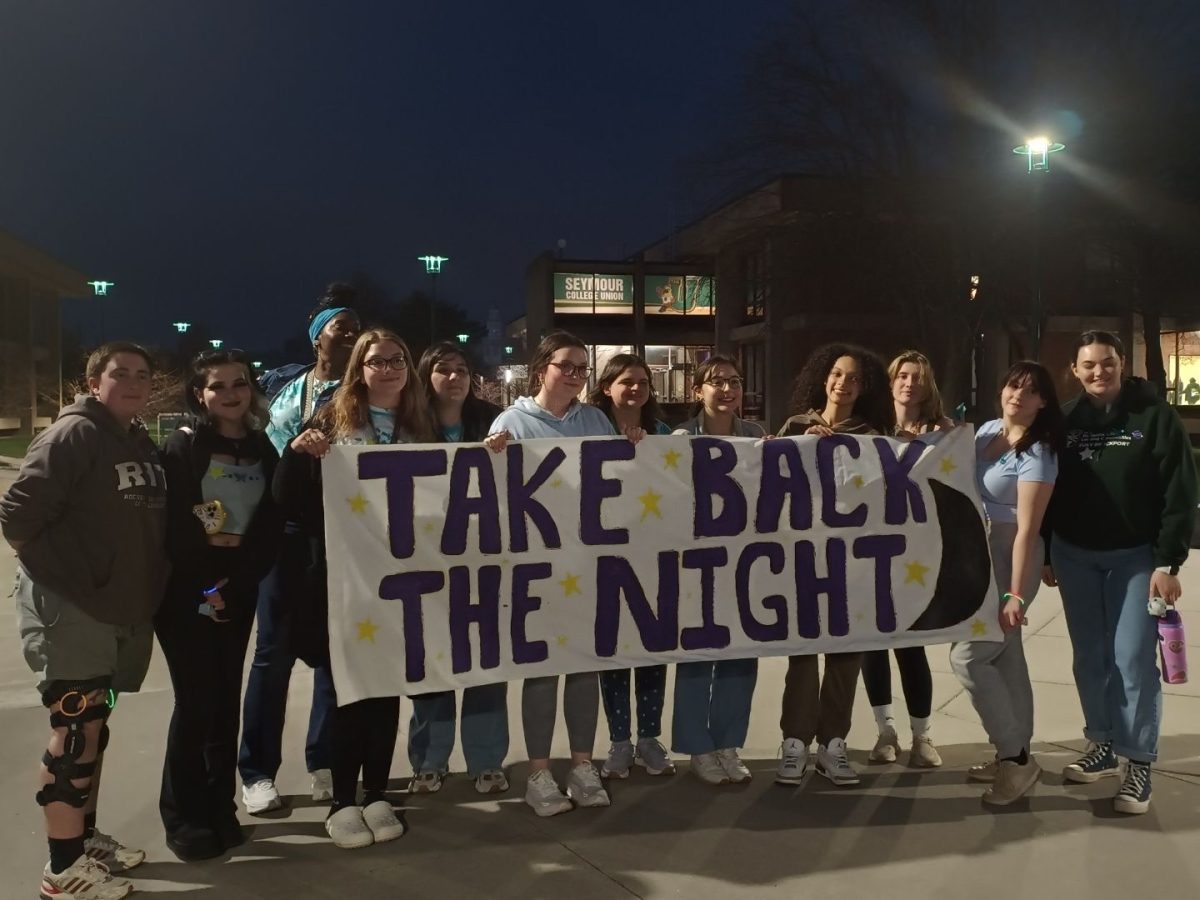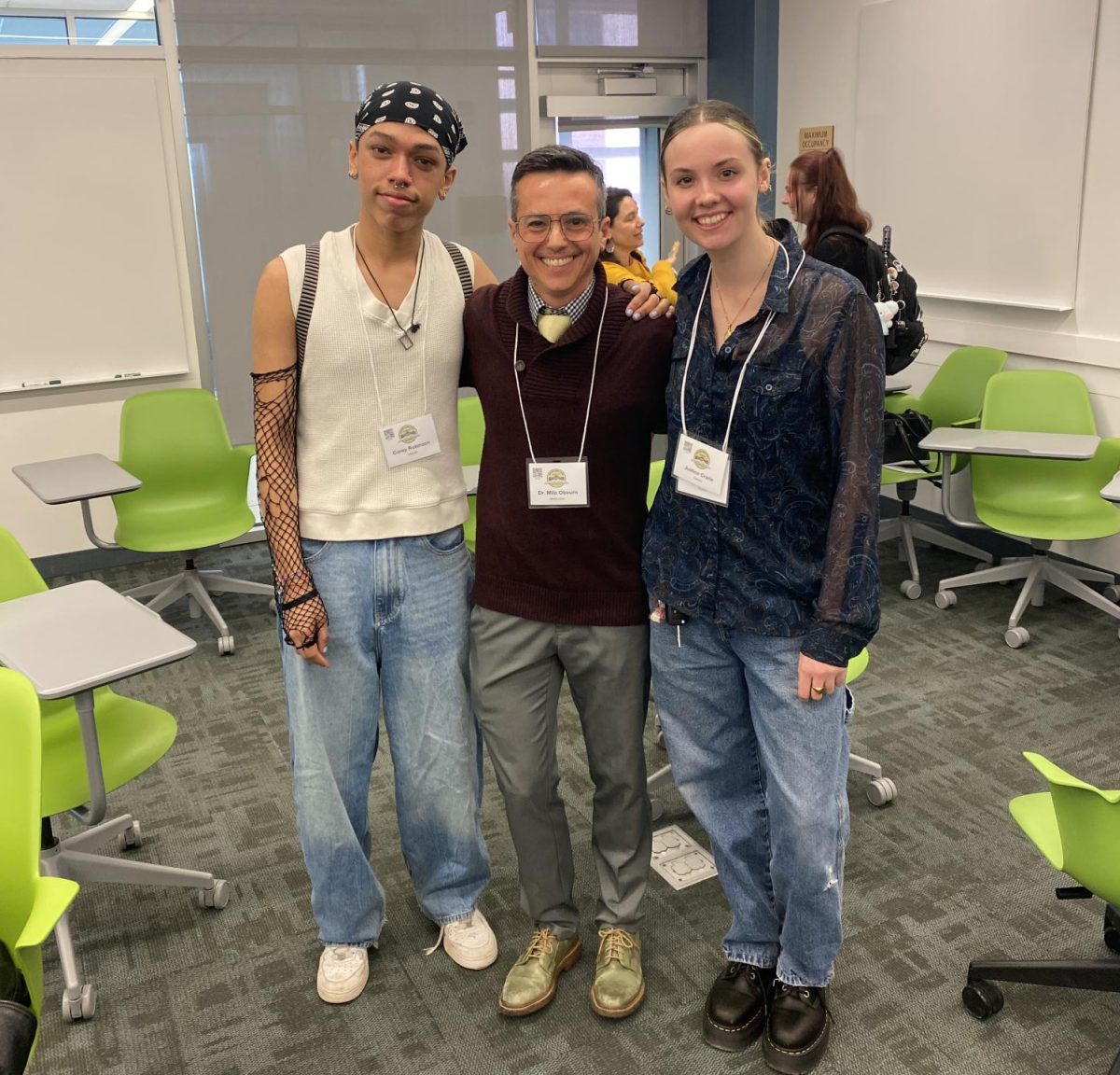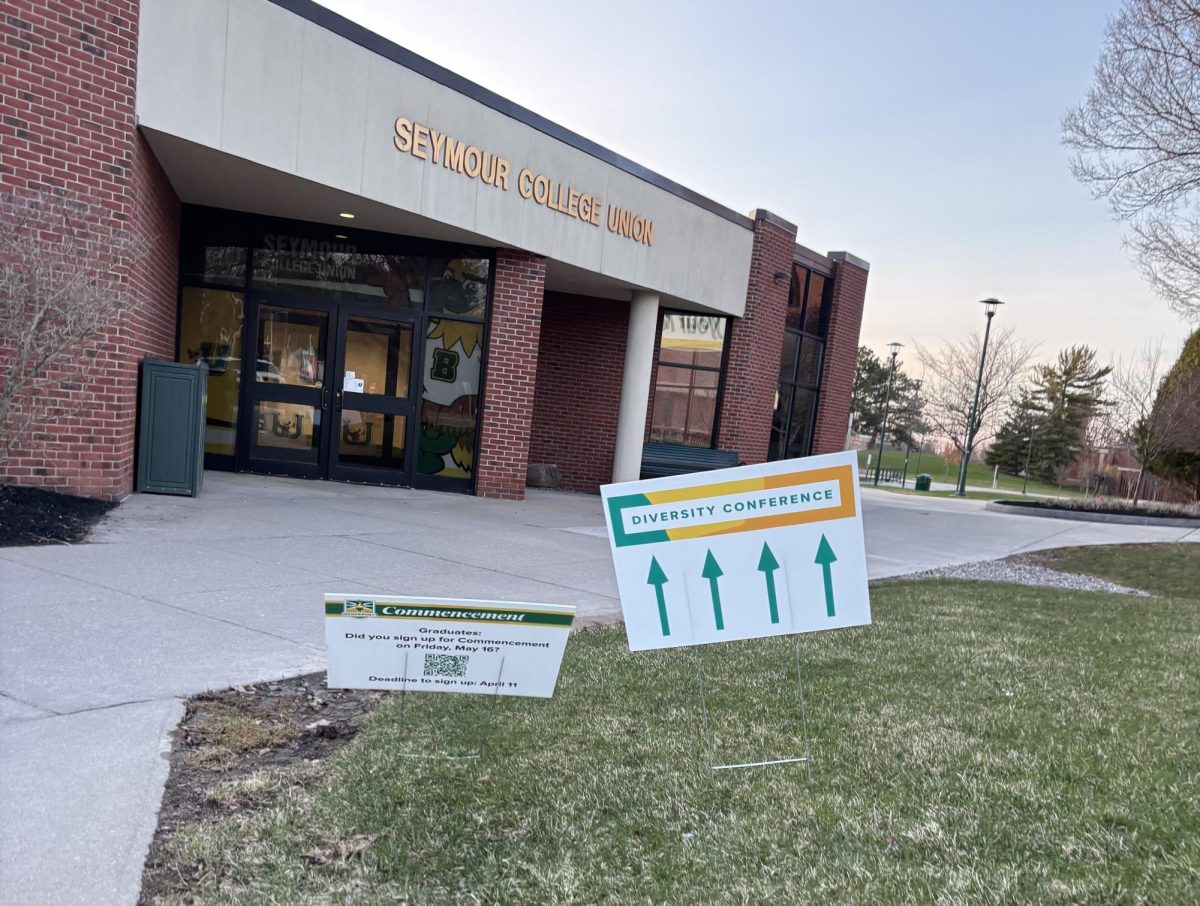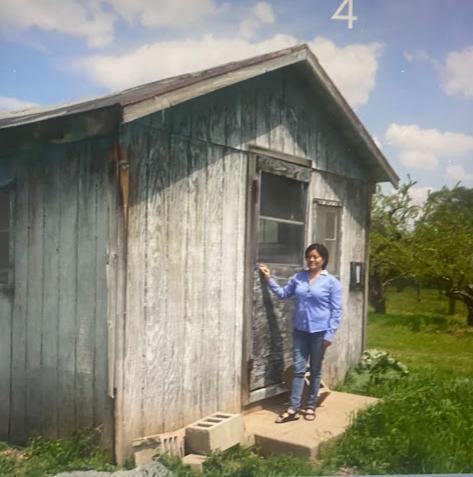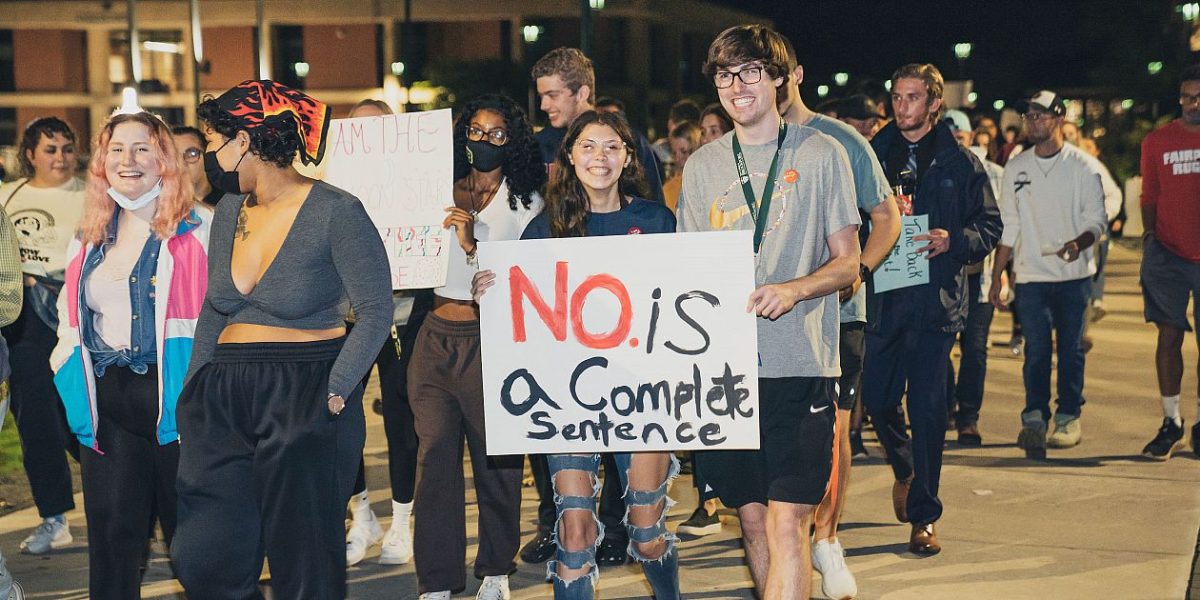Migrant farmworkers are essential to the U.S. economy. It is estimated that 73% of the 3 million agriculture workers in the U.S. are immigrants. These farmworkers harvest, plant, pick and produce the majority of the country’s foods, including fruits, vegetables, meat and dairy products.
The lives and journeys of migrant workers are not easy. Many of them decide to leave their lives behind in other countries in hopes of better lives in the U.S. This decision, for many migrants, is extremely challenging.
Librada Paz is a local Mexican-American activist who came to the U.S. when she was just 15-years-old.
“It was a hard decision, you know. I didn’t want to come. The hardest decision was that I felt like I had no other options,” Paz said.
Paz explained that in traditional Mexican culture, it is expected that girls marry young. According to National Public Radio, 1 in 5 girls in Mexico get married before they are 18. Some of these girls are as young as 11.
“I think I was like 13 or 14 and [men] came and asked me to marry them. That’s the culture that they had. I couldn’t visualize myself like that. I didn’t want to get married at that age. I wanted to get more. So, I was like okay, I’m just going to go [to the U.S.],” Paz said.
Paz’s childhood in Mexico was difficult. She lived by herself from the ages of 12 to 15 in a plain room that only had a bed and a stove. She had to shower in that same room. This was the only place Paz could afford while attending school. By 15, Paz knew she wanted to live a better life, leaving her only one option: to migrate to the U.S.
“I really wanted to become somebody. I think that is what made me come to this country. It was really hard,” Paz said. “I mean, it was another issue for me, facing sexual abuse everywhere I went through. But I never gave up. Education was the main thing for me. I didn’t even know what I wanted to be, but I wanted to be somebody and educate myself. After two or three years of migrating, I went back to school,” she said.
During Paz’s late teens, she attended school while migrating up the East Coast. Eventually, she landed in New York and graduated from Brockport High School. Then, she went to Monroe Community College (MCC) and the Rochester Institute of Technology (R.I.T.), where she earned her bachelor’s degree in Mechanical Engineering. During this time, Paz worked on farms, where she faced both verbal and physical abuse.
“I never really got the support, but I never gave up, I kept pushing and working to save [money]. Like for example, in the summertime, I worked. I remember one time I was working with three jobs. So, it took me 10 years to get my diploma. It was tough, but that’s that,” Paz said.
Paz has dedicated much of her life to fighting for the rights of migrant farm workers. In 2012, she received the prestigious Robert F. Kennedy Human Rights Award. The award is given to people who demonstrate the values Kennedy believed in and who work for justice and peace. Paz continues to fight for the rights of migrant workers, specifically by working for the passage of New York State farm legislation.
The passage of the New York State Farm Laborers Fair Labor Practices Act of 2019 was a pivotal moment for the rights of migrant farmworkers. This law, signed by former Governor Cuomo, allows farmworkers to receive premium overtime pay when they work over 60 hours a week.
While this was a significant improvement for migrant workers seeking overtime pay, there is still work to be done. In Florida, for example, agriculture workers are not required by law to receive any overtime pay no matter the number of hours they work in a week.
In September of this year, New York passed legislation that reduces the overtime premium pay limit from 60 hours to 40 hours a week. This will happen gradually by 2032, 10 years from now.
In the meantime, activists like Librada Paz continue to fight for the rights of migrant workers.
“I think a lot of American people haven’t migrated from one place to another. I think it’s hard to imagine having to leave everything behind and then just go to a different place. A lot of American citizens will never know how hard it is for the migrants. Some people really have a hard story,” said Paz.

